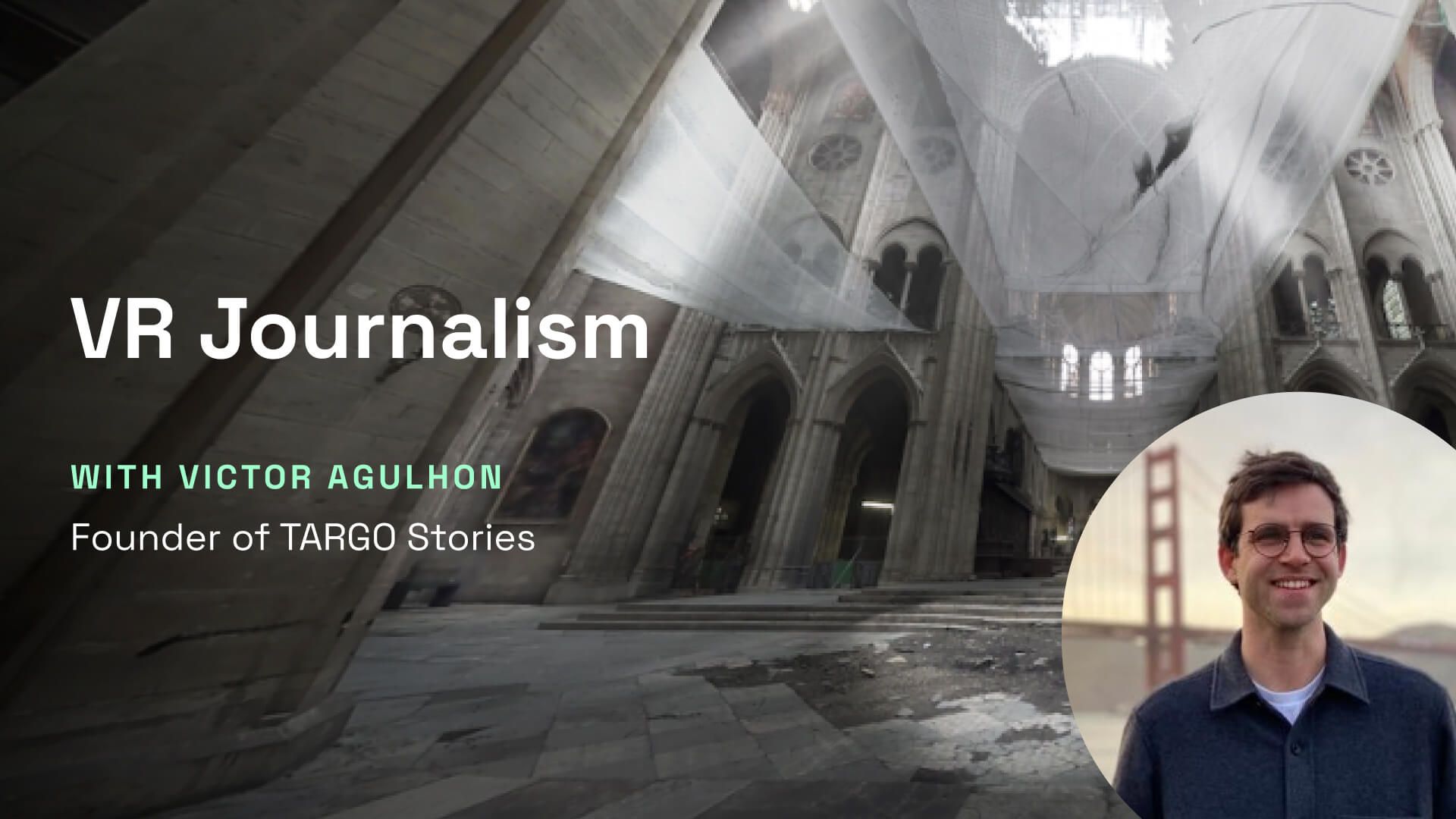We have observed that VR is polarized — on one side, you have games targeting primarily gamers, and on the other side, you find artistic creations that can feel very exclusive. Our experiences are for a mainstream audience in between these extremes
Headset manufacturers are realising that if they want to sell their products outside of the niche market, they need to produce mainstream content and applications. We create content for mainstream audiences by addressing the topics of our time. The audience in VR is growing, stories are slowly having more impact. It's become common for us to see above 1M views on our documentaries.
We think that the next phase is to bring freedom of movement, allowing people to walk inside our documentaries. This means evolving from video to real-time 3D technology to apply game technology to narrative content.
Learnings
- Not all stories are suited for VR. It is a visual medium, data stories for example aren't necessarily adapted to the VR medium. It's a tool that is incredibly powerful for travel in space or time. Place is the pillar of the VR experience, it needs to be unique or unreachable in our lives.
- People don't look back, the heatmap is overwhelmingly looking forward so the editing should keep the points of interest within that projection. There is a debate as to whether VR should be scripted and filmed focused on 180 degrees. That being said if we want to replicate the real world to create full immersion we must, similarly to the virtual space we don't always look behind us in the physical world.
- There is no definitive answer to the optimal length, but as soon as the content becomes less interesting people stop watching. Increased quality of headsets contributes to having a longer watch time in VR. As a baseline above 20 minutes is extremely ambitious, on average 15 minutes is a good watch time.
- There is constant novelty in VR storytelling, whether it comes through technological developments in audio, spatial positioning etc... There is always opportunity to experiment and try something new. There shouldn't be a reframing of ethics for VR, the ethics are the same but we adapt the method.
- The market's current innovation is focused on reducing prices, improving resolution and reducing weight of the headsets.
Victor's suggestion : find a mind-blowing concept and you're on the right track. Something new, innovative and never seen, a new twist or idea that harnesses the power of VR to enhance a great story.
